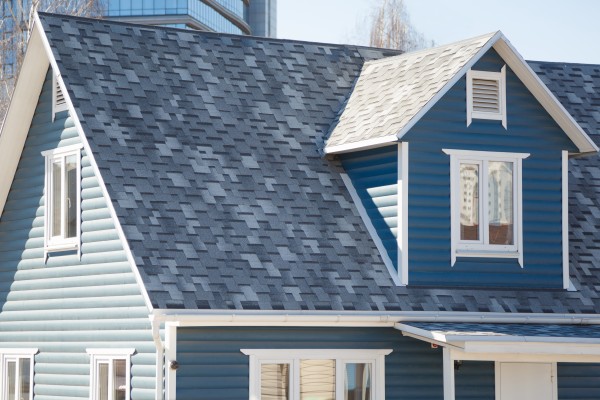#1 Whether They Would Buy This House Here's the big one: Many buyers think an inspector will give them a thumbs up or thumbs down, but they can't. Giving real estate advice violates the International Association of Certified Home Inspectors' code of ethics
Clues to look for: Count up your issues. "The average inspection turns up around 20," says Larry Fowler, a home inspector in Knoxville, Tenn., who has done around 10,000 home inspections in his 22 years in the business. “If there are more than 30 items, you may have a bad house," Fowler adds. "If there are fewer than 10 items on the list, you may have a bad inspector."The bottom line is that every house and buyer are unique and what inspection results one person is fine with, another may not be. Confer with your agent once you have the report.
#2 That They're Making The House Look Worse Than It IsSome inspectors make note of every tiny thing in a house, even inconsequential ones. Like chipped paint. Scratched windows. Surface mold in a shower. These folks are sometimes known as deal killers. “Some inspectors like to show they know more than somebody else," Fowler says. “It's annoying."
Clues to look for: If your inspector's report is pages long and full of items that won't hurt the value of the home, it's probably not a big deal. Sit down with your agent, and go through the report to determine which (if any) issues could affect your offer.
#3 What You Should Freak Out About (or Not)It's an inspector's job to find things wrong with the house. Big things, little things, all the things. It's not their job to categorize them as NBD or OMG. A checkmark next to a crumbling foundation will look the same as a checkmark next to chipped paint.A few things you may find on an inspector's report that aren't a big deal:
- Condensation in a basement or crawl space
- Early signs of wood rot on trim
- Cracks in bricks from the house settling
- Faux stone siding that's been improperly installed
- Radon levels below 4 pCi/L
These items, however, could trip your freak-out response (if you're not prepared to address them):
- Standing water in a basement or crawl space
- HVAC not working
- Outdated wiring, especially knob-and-tube wiring or aluminum wiring
- Wood rot
- Old plumbing pipes
- Radon levels above 4 pCi/L
Have questions? Click here to schedule a free home buyer consultation


